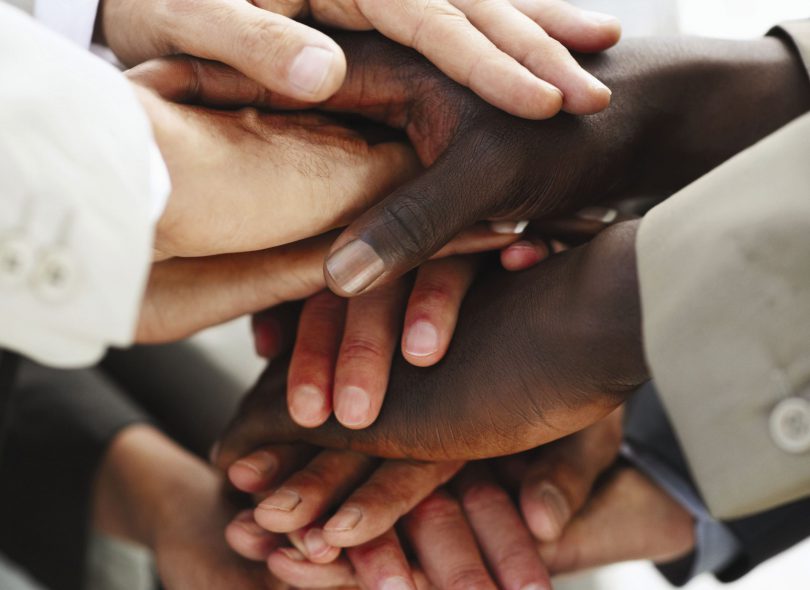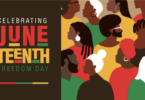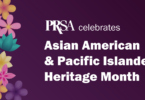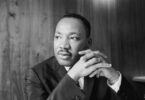via U.S. Chamber of Commerce Foundation
Growing up, I remember one of my family’s favorite games to play at the dinner table was “the person game” (also sometimes called Guess Who). The game starts with a single player choosing a person to think of before answering yes or no questions from the other players as they work together to try and discover the identity of the selected person. The winning guesser then claims the privilege of selecting the next person to be guessed.
As a family with five kids, we soon covered a long list of people ranging from pop culture icons, religious leaders, politicians and athletes to family members, teachers at school, or even a person in the room.
But regardless of the “person” who was chosen, the same five to 10 questions were always asked from the start: “Is it a person?” “Is it a boy? Is it a girl?” “Is he rich?” or “Is she famous?” followed by the inevitable “Is it someone we know?” or “Are they alive?” Each detail gave more insights about the person was and allowed us to ask increasingly specific questions.
In addition to helping us think creatively, the game also made certain names “infamous” in the Cook family household: U.S Olympic Gold Medalist Michelle Kwan gained an everlasting reputation after my mother once chose her as her “person” and the guessing lasted nearly a week before we gave up.
But more memorable than the names, the game taught me how we, as humans, naturally categorize each other. These divisions occur through various distinguishers, whether they be definition (alive, dead, male, female) or by reputation (rich, occupation, fame) or even familiarity (someone we know).
During college years, many people find themselves trying to figure out the descriptors that would make them a guessable human in the person game. What is my career? What should I study for my major? Where will I live? How much money will I make? Will I have a family?
While it can be a natural tendency to “categorize” people quickly based on a few general pieces of information, this can become a dangerous habit if we assume too much based on too little information.
Just think for a moment how you would react if you were playing the person game and someone guessed Joseph Stalin when your “person” was actually George Washington. While the guesser would feel totally justified that you answered yes to questions such as, “Is it a male? Is he dead? Is he a military commander? Did he win lots of battles?” you would never equate them as American heroes.
In recognition that limited questions provide limited knowledge, we must realize that focusing on listening will help us understand another individual much more quickly and accurately than a barrage of standardized questions and confident assumptions. Encouraging others to share from their own perspective why they are unique helps us to better recognize what we hold in common and what makes us diverse.
This month, PRSSA will launch its #HumansofPRSSA social media campaign, designed to help students develop the important skills of listening and understanding. I’d like to encourage each of you to follow this campaign. This will be a way for you as a potential mentor to support the future members of PRSA. Also, it could be a great opportunity to assess your own ability to recognize diversity.
As you see members of PRSSA in the spotlight and as you notice the general, obvious characteristics in regards to identity, age, ethnicity or school, be sure to read between the lines of their stories and words to understand what makes each individual unique and diverse.
Please follow, like, comment, share or retweet posts from the campaign via PRSSA social media accounts to help create a stronger and more inclusive connection between PRSA and PRSSA. As we do so, we will build societies that recognize, appreciate and celebrate all diversity and prepare both the student and the professional to successfully build relationships across this profession.
Andrew Cook serves as vice president of Advocacy on the 2016-17 PRSSA National Committee and is an ex-oficio member of the PRSA Diversity & Inclusion committee. He is a senior at Brigham Young University studying communications with an emphasis in public relations. Follow him on Twitter @adcook22.







